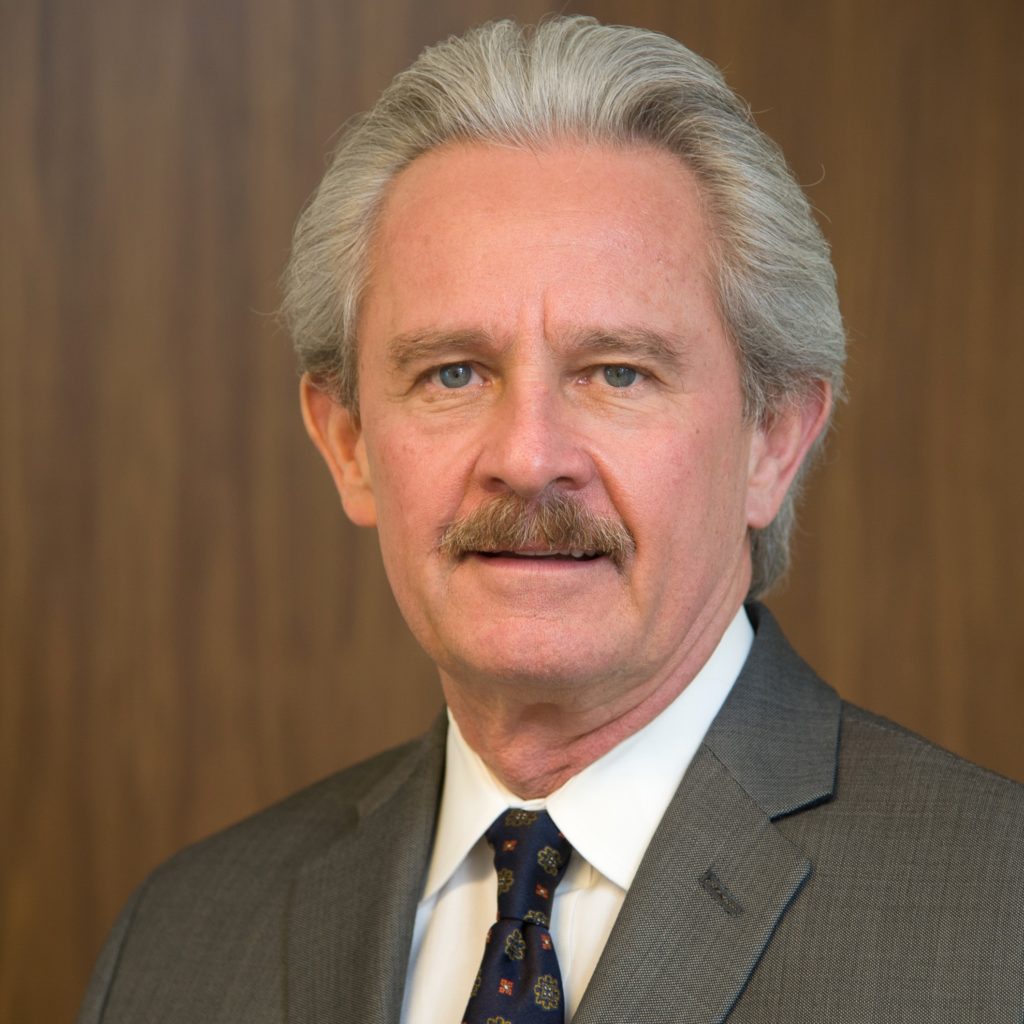
David Woodlock
CEO of ICL
In June 2012, the Institute for Community Living’s (ICL) longstanding CEO & founder, Dr. Peter Campanelli, announced his retirement; the then 26-year-old organization was tasked with finding its next leader. The $90 million nonprofit engaged DRG Search and asked for a leader with government, managed care, and fundraising experience.
After an intensive search, David Woodlock was appointed as CEO in April of 2013. Woodlock brought a unique combination of practical know-how and passion for the field that ICL knew would drive it forward.
Five years into his tenure, David has brought the agency forward in new and innovative ways in the face of a continually changing health care environment. Talking about the current conditions of the behavioral health sector he says, “We are in the midst of a generational change that is extraordinarily challenging and complex. But I have every confidence that at ICL we’ve built a foundation for success that will allow us to weather the challenges ahead and continue to create new models of care that enhance health and well-being for all people.”
In this interview, Woodlock discusses his influences, the need for a paradigm shift in our understanding and offering of health services, integrated care, and how he is positioning ICL for future growth.

What are some of the core principles and values that guide your work and define your approach to leadership? What’s your leadership style?
I have come to understand that challenges are a given in life as well as in the work that we do in mental health. What drives me today is what has driven me throughout my career – I want to help take care of people, to see them get better. I came to understand early on in my career – as a direct care worker at a psychiatric institution – that success is not about professional identity or achievement but about harnessing the power people have to change the course of their lives. I saw that power to change most profoundly in working successfully with people everyone else had given up on. Since I was a kid, I was tenacious and persistent – skills gained as the smallest kid on every football team! The other experience that has guided my work and shaped my ability to lead came out of the fact that I moved throughout my career between administrative practice and direct care. That has helped me “keep it real” and able to see “both sides” and understand that policy has to be grounded in reality about caring for people and practice has to be grounded in policy that can best guide the actual work. Those lessons continue to guide me in leading the team and the work at ICL.
What was your perception of the organization before joining ICL and how has it changed over time?
When I joined as CEO in 2013, I began to look at how we could break down this historic isolation of services that had gone on for generations. I wanted to work toward greater integration of physical and behavioral care. Toward that end, we sought to train current and recruit new staff to work in integrated and multi-systemic collaboration.
What guided us then and continues to be our “north star” are our core values to help clients overcome the myriad of obstacles – physical, emotional, social and economic — that keep people from reaching their full potential. I worked with senior leadership to institute “whole person” care that would drive outcomes that improve well-being. By developing a trauma-informed, person-centered, and recovery-oriented perspective, we reframed the question from “what’s wrong with you?” to “what happened to you”. I think we created a paradigm shift that enables our clients to see that we understand their life experiences and how these have affected them throughout their lives.
While the end game was always about people’s lives getting better, I am pleased to say that actual outcomes measures are very encouraging and have begun to show improvements in the co-occurring medical conditions prevalent in at-risk populations and gains in quality of life indicators. In our most recent health survey, some 97% of clients said they believe they can get better and more than 85% feel more connected to community and support. And clients’ physical health is better – we are seeing significantly less visits to ERs and reduced hospitalizations for both physical and mental health issues. The success of this work was recognized by SAMHSA in 2017 with its coveted national Pathways to Wellness award. ICL was one of three recipients selected from the entire country.
What was the first thing you did when you joined as CEO?
Interestingly one of the first things I did was to consider how we presented the agency to the world. I did a thorough review of other agencies’ messaging and logos and quickly saw a lot of big promises and dramatic propositions about being inspiring and giving hope. As I saw it, if I am suffering and feeling tremendous pain, while inspiration and hope are important, they are not enough: I need help. So, we rethought our own messaging and came up with the tagline “People Get Better with Us” because, after all, that is what we are ultimately about and that’s what our clients expect. Our new logo represented the four pillars of care for getting people better – trauma-informed, recovery-oriented, integrated, and person-centered.
This was one of many steps we took early in my tenure – we worked together to move things operationally in the context of outcomes and to instill in staff and the Board the need to push the envelope to make the leap to a new way of doing things that was ultimately better for the people we were committed to serving.
How are you working with the Board to develop new initiatives that would give ICL a new edge into the latest technology that could help with behavioral health management?
I am very fortunate to have a Board that is deeply committed to the mission of ICL. They have been great partners from the very beginning of my tenure here. They embraced the shift to a focus on more integrated and evidence-based treatment programs and understood the intricate relationship between physical and mental health to help people feel better and do better. And they are actively involved in advancing new ways of doing this and what we need to do improve our operations in terms of agency-wide processes.
Tell us about a new initiative/strategy/project at ICL and what you envision it will do for the community suffering from severe behavioral health issues (and or their families/caretakers)?
As a result of reshaping virtually all our services through an integrated care lens, our staff have gained a deeper understanding of who they are serving — people in poverty, in distressed, underserved and diverse communities — and the multiplicity of factors affecting their lives.
Thus, we began a comprehensive planning process by making integrated services that improve health and wellness more accessible by bringing them together under one roof. That is what led us to envision something that will be transformational for ICL and we think a model for the rest of the country. In Spring, 2018, the ICL Integrated Health Hub will open in East New York. Inside the 40,00 square foot center, we will partner with an outstanding medical services provider, CHN (Community Health Network) and together we will work to improve the health of a community with tremendous health disparities. With the active involvement of the local community, their public officials and our own board, we are going to do everything we can to move the needle on the health care crisis this community and those like it around the country are facing.
Anything else you would like to add?
I am very encouraged by progress being made around greater integration and collaboration in health care. In my book, “Emotional Dimensions of Healthcare”, I addressed the nature of the healthcare crisis and the essential link between our emotional health and the progression of chronic disease. What I tried to show was the relatively simple pathway for promoting good health by starting with an understanding of the impact of life traumas and social determinants of health on outcomes and recovery. What I learned writing that book further emboldened me to continue the work of developing integrated care programs that met the complex needs of individuals, families and communities.
And now I am proud to partner with five outstanding child and family agencies in a new initiative. funded by a $5 million New York State grant to create a Behavioral Health Care Collaborative. To be called “As One”, we believe this is the first model in New York State to recognize the family as a unit of care that can be served through an interconnected set of services and support. Using this model of care will allow us to break through historic silos that have led to a disjointed experience for people being served and artificial barriers to addressing problems earlier and more effectively. We think this could change the trajectory for future generations of children and adults.
About ICL: The Institute for Community Living (ICL) is a New York-based nonprofit human services agency offering residential assistance, clinical treatment, family support, and pioneering solutions for people with serious mental illness, homelessness, and developmental disabilities.
